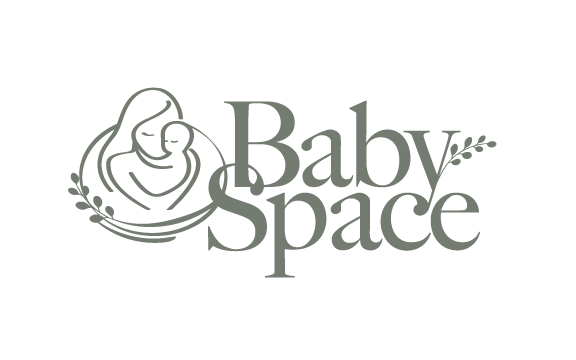Understanding Memory in Early Childhood
The Myth of Infant Amnesia
When people think of infancy, they often assume that babies, with their developing brains, don't form lasting memories. This belief has led to a widespread assumption that infants don't remember what's happening around them, as if their early experiences vanish into a void of forgetfulness. However, recent research in developmental psychology and neuroscience suggests that infants do, in fact, remember much more than we give them credit for. This phenomenon, often referred to as "infantile amnesia," is not an absolute erasure of early memories but rather a complex transformation of how memories are encoded, stored, and retrieved.
Infants begin forming memories from a remarkably young age, even before they are born. Studies have shown that fetuses can recognize their mother's voice and even specific melodies they were exposed to in utero. Once born, infants rapidly develop the capacity for recognition memory. For example, by the time they are just a few months old, babies can distinguish between familiar and unfamiliar faces and objects. These early recognition abilities are foundational for later cognitive development, providing a scaffold for more complex forms of memory and learning.
Emotion and Memory
One key aspect of infant memory is the role of emotion. Emotional experiences, both positive and negative, are more likely to be remembered by infants due to the strong connections between the amygdala and the hippocampus, two brain regions crucial for emotion and memory. For instance, comforting interactions with caregivers can create a sense of security and attachment that infants carry forward, even if they can't explicitly recall the events. Conversely, stressful or traumatic experiences can have lasting impacts, influencing behavior and emotional responses well into later childhood and adulthood.
In understanding infant memory, it's important to distinguish between implicit and explicit memories. Implicit memory refers to unconscious memories that influence our behavior and understanding without our conscious awareness. For infants, these might include motor skills, such as how to grasp a toy or respond to a parent's voice. Implicit memories are formed from repetitive and consistent interactions, becoming ingrained in the baby's subconscious and playing a crucial role in early learning and development. These memories often persist into adulthood, shaping our automatic responses and skills.
Explicit memory, on the other hand, involves the conscious recall of information, such as facts and events. In infants, explicit memories begin to form around the end of the first year as the hippocampus matures. These memories are initially fragile but become more stable and accessible over time. However, because the brain continues to develop rapidly in early childhood, the way these memories are stored and retrieved evolves. This is why many people can't recall specific events from their infancy but can remember general feelings or learned behaviors from that time.
We cannot dismiss infants as blank slates who don't remember their experiences is a misconception. The early years are a critical period for memory formation, with long-lasting effects on emotional and cognitive development. Understanding that infants do remember, albeit differently from older children and adults, highlights the importance of nurturing environments and positive interactions during this formative stage. By acknowledging the capacity of infant memory, caregivers and educators can better support the healthy development of children, laying the groundwork for lifelong learning and well-being.
BabySpace Coachella Valley
Becoming a parent is a profound and life-altering experience, but it comes with its fair share of unspoken challenges. Meeting with other parents and exploring together what you are envisioning life could look like with your infant and toddler is an invaluable piece of new parenthood. By sharing experiences with others in a place like a BabySpace Coachella Valley Mommy and Me group, parents can find solace in the shared journey of raising the next generation, embracing both the joys and the trials that come with it
Serving the Coachella Valley and surrounding areas, including: Palm Springs, Cathedral City, Rancho Mirage, Indian Wells, Thousand Palms, Palm Desert, La Quinta, Indio, Bermuda Dunes, Coachella, Thermal, Mecca, Desert Hot Springs, Yucca Valley, and Joshua Tree.
Therapist Palm Desert, Therapist Palm Springs, Postpartum Therapist Palm Desert, Postpartum Therapist Palm Springs, Postpartum Depression Palm Desert, Postpartum Depression Palm Springs, Pregnancy Therapist, mom support groups near me, mommy and me near me, moms support group near me, new mothers groups
#mommyandme #newmomlife #mommylife #firsttimemom #newmom #newmommy #motherhood #parenthood #postpartum #mommyhood #groupsupport #palmdesert #palmsprings #laquinta #coachellavalley #coachellavalleylife #coachellavalleyevents #SAHM #SAHMlife #wfh #wfhlife #wfhmom #wfhmomlife #momlife #mommyanddaughter #mommyandson #girlmom #boymom



